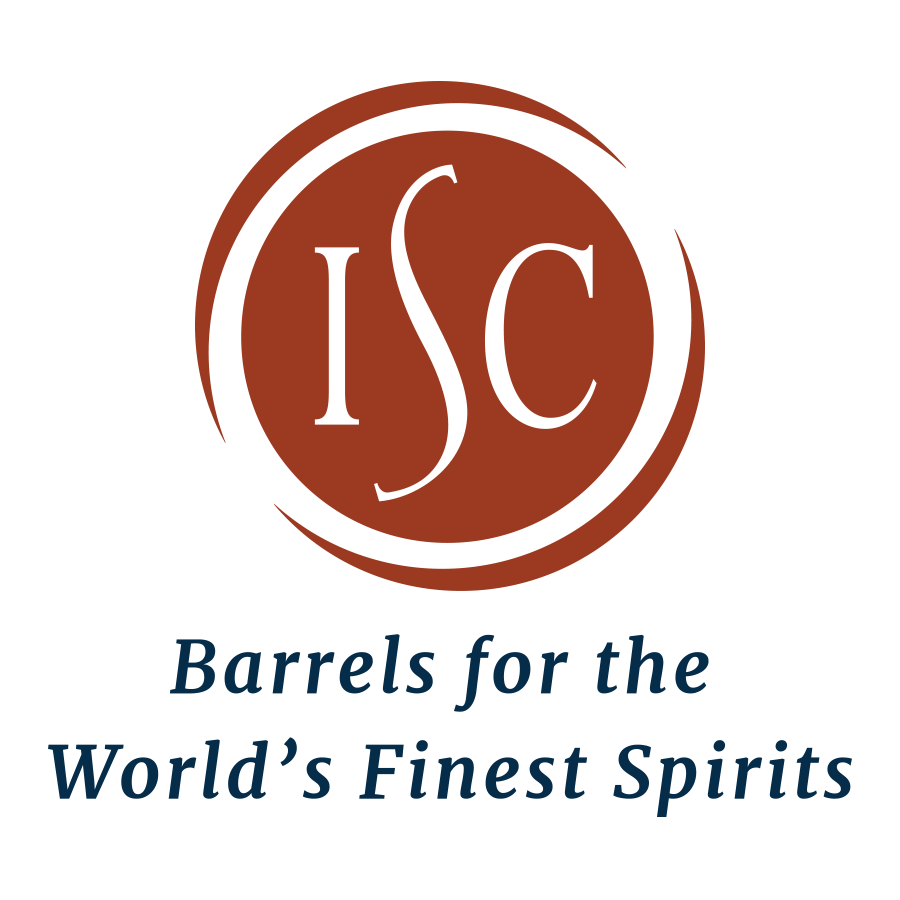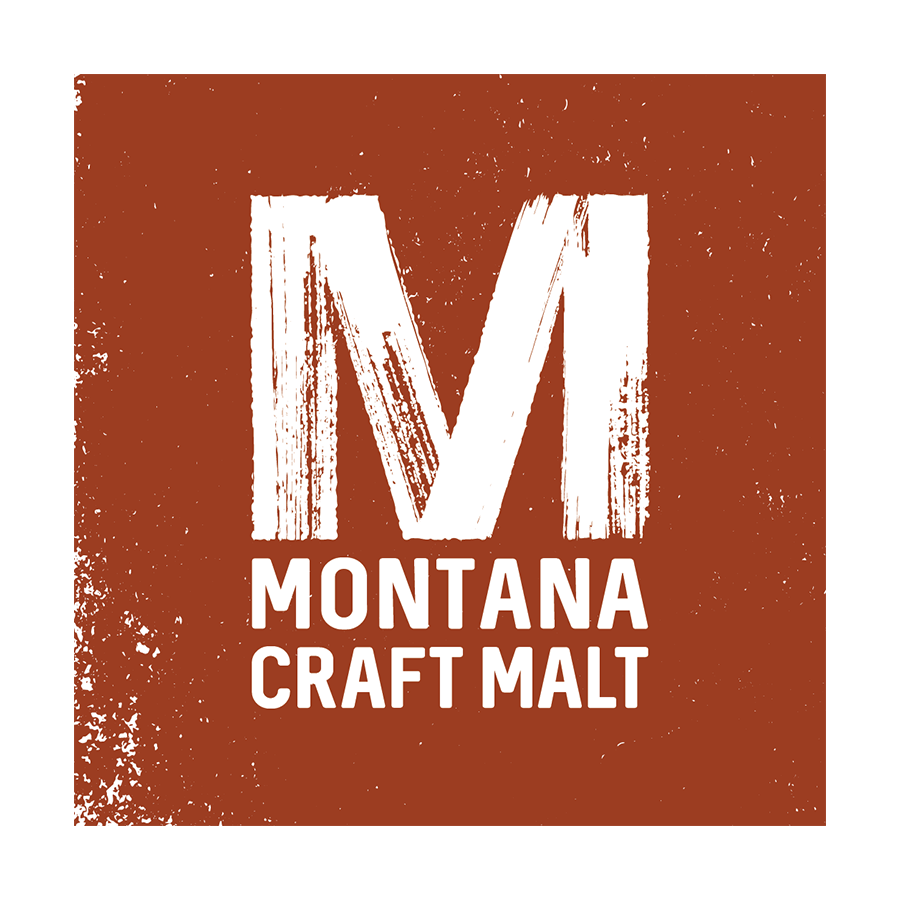MISSION STATEMENT
THE AMERICAN SINGLE MALT WHISKEY COMMISSION SERVES TO
ESTABLISH, PROMOTE AND PROTECT
THE CATEGORY OF
AMERICAN SINGLE MALT WHISKEY
DISTILLED ENTIRELY AT ONE DISTILLERY
MASHED, DISTILLED AND MATURED IN
THE UNITED STATES OF AMERICA
MATURED IN OAK CASKS OF A CAPACITY
NOT EXCEEDING 700 LITERS
DISTILLED TO NO MORE THAN 160 (U.S.)
PROOF (80% ALCOHOL BY VOLUME)
BOTTLED AT 80 (U.S.) PROOF OR MORE
(40% ALCOHOL BY VOLUME)
MEMBER PRODUCERS
FOUNDING MEMBERS
BALCONES DISTILLING
Waco, TX
COPPERWORKS DISTILLING
Seattle, WA
FEW SPIRITS
Evanston, IL
HEADFRAME SPIRITS
Butte, MT
SANTA FE SPIRITS
Santa Fe, NM
TRIPLE EIGHT DISTILLERY
Nantucket, MA
VIRGINIA DISTILLERY CO
Lovingston, VA
WESTLAND DISTILLERY
Seattle, WA
WESTWARD DISTILLERY
Portland, OR
10TH STREET DISTILLERY
San Jose, CA
117 WEST SPIRITS
Vista, CA
1911 ESTABLISHED DISTILLERY
LaFayette, NY
ANDALUSIA WHISKEY CO
Blanco, TX
BELLEMARA DISTILLERY
Hillsborough, NJ
BENDT DISTILLING CO.
Lewisville, TX
BIRD CREEK DISTILLERY
Portland, OR
BLACK HERON SPIRITS
West Richland, WA
BLACK SHEEP DISTILLERY
Prattsburg, NY
BLAUM BROS. DISTILLING CO.
Galena, IL
BLUEGRASS DISTILLERS
Midway, KY
BOSTON HARBOR DISTILLERY
Boston, MA
BOULDER SPIRITS
Boulder, CO
BOZEMAN SPIRITS DISTILLERY
Bozeman, MT
BREUCKELEN DISTILLING
Brooklyn, NY
BULLEIT DISTILLING CO.
Shelbyville, KY
BURNING BARREL SPIRITS
Rancho Cordova, CA
CAISEAL BEER & SPIRITS CO.
Hampton, VA
CALISTOGA DEPOT DISTILLERY
Calistoga, CA
CEDAR RIDGE DISTILLERY
Swisher, IA
CHEMIST SPIRITS
Asheville, NC
CLEAR CREEK DISTILLERY
Hood River, OR
CORNING & COMPANY
Rohnert Park, CA
CORSAIR DISTILLERY
Nashville, TN
CRATER LAKE SPIRITS
Bend, OR
CROWDED BARREL WHISKEY CO
Austin, TX
CURRENT SPIRITS
Elmsford, NY
DEERHAMMER DISTILLING CO
Buena Vista, CO
DISTILLERY 291
Colorado Springs, CO
DOMINION DISTILLERY
Colville, WA
DRY DIGGINGS DISTILLERY
El Dorado Hills, CA
EAGLE RIVER WHISKY
Minturn, CO
ELK FENCE DISTILLERY
Santa Rosa, CA
FINGER LAKES DISTILLING
Burdett, NY
GERRARD COUNTY DISTILLING CO.
Lancaster, KY
GLACIER DISTILLING CO.
Coram, MT
GREAT WAGON ROAD DISTILLERY
Charlotte, NC
HIGHSIDE DISTILLING
Bainbridge Island, WA
HIGH PEAKS DISTILLERY
Lake George, NY
HINTERHAUS DISTILLING
Arnold, CA
HOGBACK DISTILLERY
Boulder, CO
HOLLERHORN DISTILLING
Naples, NY
HOME BASE SPIRITS
Berkeley, CA
IRONTON DISTILLERY & CRAFTHOUSE
Denver, CO
IRON FISH DISTILLERY
Thompsonville, MI
ISLA DE CALIFA
Modesto, CA
JETTYWAVE DISTILLERY
El Granada, CA
JOHN EMERALD DISTILLING CO
Opelika, AL
JUDSON & MOORE
Chicago, IL
KINGS COUNTY DISTILLERY
Brooklyn, NY
LANCASTER CRAFT SPIRITS
Lancaster, PA
LAS VEGAS DISITLLERY
Henderson, NV
LAWS WHISKEY HOUSE
Denver, CO
LITCHFIELD DISTILLERY
Litchfield, CT
LONG ISLAND SPIRITS
Baiting Hollow, NY
LOST LANTERN WHISKEY
Weybridge, VT
LOST WOODS WHISKEY CO.
Maple Grove, MN
LOUISVILLE DISTILLING CO
Louisville, KY
MANATAWNY STILL WORKS
Pottstown, PA
MAPLEWOOD BREWERY & DISTILLERY
Chicago, IL
MAURY ISLAND WHISKEY
Vashon Island, WA
McCRACKEN CURVE DISTILLERY
Montgomery, IN
MINDEN MILL DISTILLING
Minden, NV
NEXT CENTURY SPIRITS
Raleigh, NC
OAK & GRIST DISTILLING CO.
Black Mountain, NC
OLD LINE SPIRITS
Baltimore, MD
OLOGY DISTILLING CO.
Tallahassee, FL
ONE EIGHT DISTILLING
Washington, DC
PERLICK DISTILLERY
Sarona, WI
POSTMODERN DISTILLING
Knoxville, TN
RABBIT HOLE DISTILLERY
Louisville, KY
REDWOOD EMPIRE WHISKEY
Graton, CA
RED RIVER BREWING CO
Red River, NM
RESTLESS SPIRITS DISTILLING
Kansas City, MO
ROCK TOWN DISTILLERY
Little Rock, AR
ROCK VALLEY SPIRITS
Long Eddy, NY
ROGUE ALES & SPIRITS
Newport, OR
ROOT SHOOT SPIRITS
Loveland, CO
ROUTT DISTILLERY
Steamboat Springs, CO
RUINS DISTILLERY
American Canyon, CA
SAN TAN SPIRITS
Chandler, AZ
SHADOW RIDGE SPIRITS CO
Carlsbad, CA
SHELTER DISTILLING
Mammoth Lakes, CA
SINGLE CASK NATION
Guilford, CT
SILVER BROTHERS DISTILLERY
Old Chatham, NY
ST. GEORGE SPIRITS
Alameda, CA
STARLIGHT DISTILLERY
Starlight, IN
STILLWATER SPIRITS/MOYLAN'S
Petaluma, CA
STORM KING DISTILLING CO.
Montrose, CO
STOUTRIDGE DISTILLERY
Marlboro, NY
STRANAHAN'S
Denver, CO
SUGAR HOUSE DISTILLERY
Salt Lake City, UT
SWEETGRASS DISTILLERY
Portland, ME
TALKING CEDAR SPIRITS
Rochester, WA
TENMILE DISTILLERY
Wassaic, NY
THE BETTER MAN DISTILLING CO
Patchogue, NY
THE MACKLOWE WHISKEY
New York, NY
VAYA CON DIOS DISTILLERY
Benicia, CA
WARFIELD DISTILLERY
Ketchum, ID
WHISKEY ACRES DISTILLING CO
DeKalb, IL
WHISKEY DEL BAC
Tucson, AZ
WIGGLY BRIDGE DISTILLERY
York, ME
THANK YOU TO OUR PARTNERS
ADMIRAL MALTINGS
Admiral Maltings employs the age old art of traditional floor malting to turn sustainably grown grain from California farmers into quality malt. Admiral’s small batches enable distillers to work with freshly-kilned malt with unparalleled flavor and aroma that carries through to the finished product. Admiral is leading the movement in California to build quality grain-based spirits around fresh, local and sustainable malt. Distilling with Admiral helps tell a deeper story of regional agricultural character and connects drinkers with the farmers who grow our grain, the traditional art of floor malting and the flavor of freshly kilned malt.
NY INTERNATIONAL SPIRITS COMPETITION
The only international spirits competition where all the judges are real trade buyers judging the spirit by its category and actual price. Your spirits do not have to be sold in New York and open to all commercially produced spirits from around the world. Top buyers including distributors, retailers, f&b managers and mixologists are judging your spirits. We have supported craft spirits producers since we started 13 years ago and was the first international spirits competition to have an American Single Malt Category in our competition. Top winners are showcased on our Prosumer site the www.alcoholprofessor.com.
TEXMALT
Our passion is grains. We partner with farms to connect brewers and distillers with the highest quality locally sourced grains available through our process here at the malt house. Variety selections such as heirloom grains provide a high value cash crop for our farms while allowing us to offer malts with flavors and characteristics unique to specific regions. TexMalt works with brewers and distillers to enhance their products by utilizing the terroir expressed from our distinctive malted grains.
ASM CAPITAL GROUP
ASM Capital Group Inc. is a US based organization focused on elevating and supporting the American Single Malt category globally. Our team has over 100 years of combined whiskey industry experience and we are all excited to leverage our experience to help grow the exciting new ASM category domestically and internationally. We've kicked things off with the launch of our new $250M fund that will be utilized to support the ASM industry over the next 5+ years. We've also started to open channels to export markets such as India, China, and Europe through our connections.
BERLIN PACKAGING
Berlin Packaging is the world’s largest Hybrid Packaging Supplier® of plastic, glass, and metal containers and closures. The company supplies billions of items annually along with package design, financing, consulting, warehousing and logistics services, and sustainability solutions for customers across all industries. Berlin Packaging brings together the best of manufacturing, distribution, and income-adding service providers.
COUNTRY MALT GROUP
Country Malt Group humbly began in 1995 as North Country Malt, operating out of a lawnmower shed with six bags of grain, a homebrew grist mill, a cargo van, and no customers. Twenty-five years later, there are now 13 distribution centers located strategically throughout the United States and Canada, always available to assist you, striving to Inspire Your Best Craft.
CRISP MALT
For over 150 years, Crisp Malt has proudly upheld a legacy of producing premium-quality malt for distillers. Our commitment to blending time-honored traditions with innovative techniques has made us a trusted partner for single malt whiskey producers worldwide.
Our Pot Still Malt, sourced from the nutrient-rich soils of Northeast Scotland, is known for its exceptionally low nitrogen content, resulting in an outstanding spirit yield. All our distiller malts are GN Zero, with 90% grown within a 50-mile radius of our maltings, ensuring both quality and sustainability.With deep roots in the single malt whiskey sector, Crisp Malt is uniquely positioned to support and elevate the American Single Malt Whiskey movement, bringing over a century of expertise to this emerging category.















